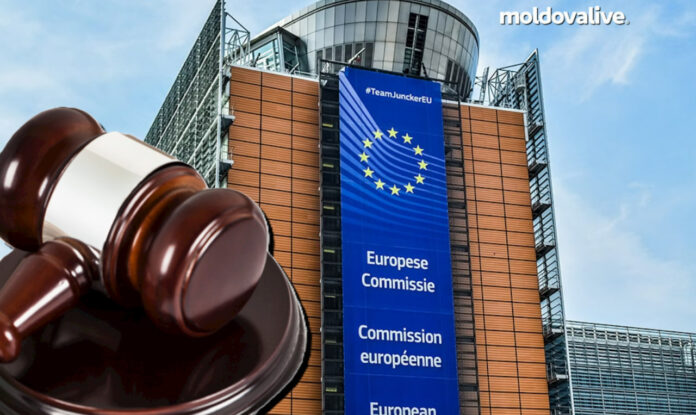The European Commission notes in its report on Moldova’s progress toward EU accession that the country’s recent elections were well managed despite external interference. At the same time, according to officials in Brussels, the decisions to ban two political parties on the eve of elections and the frequent changes to electoral legislation have reduced the legal certainty of the process.
The document also highlights that some recommendations made by the OSCE/ODIHR and the Venice Commission remain unaddressed by the Moldovan authorities. These include issues related to:
- ensuring a balanced political composition of the Central Electoral Commission (CEC);
- revising the criteria for canceling the registration of election candidates;
- clarifying the grounds for suspending and dissolving political parties and the requirements for their registration;
- and defining clear criteria for identifying “successor parties.”
The Commission recommends that Moldova continue aligning its electoral legislation with European and international standards, implement the Venice Commission’s recommendations, and equip the Central Electoral Commission (CEC) with the necessary resources to ensure its proper functioning—particularly for monitoring online campaigns.
“Widespread disinformation, especially on social media, and partisan coverage across most mass media outlets have undermined voters’ ability to make informed decisions. Moreover, the decisions to ban two political parties ahead of the elections have limited legal certainty. The elections were held under the new Electoral Code provisions, in force since January 2023, which are regarded as a solid foundation for democratic elections.
Foreign interference in electoral processes remains a concern, though Moldova has made efforts to address it, including by strengthening legal instruments such as the Law on Combating Electoral Corruption, which still needs alignment with European standards.
However, the frequent changes to legislation have weakened legal certainty, including in the context of the September elections, and pose challenges for effective implementation. Moldova should therefore continue to align its election-related legislation and processes with European and international standards and fully implement the outstanding recommendations of the Venice Commission and OSCE/ODIHR. The Central Electoral Commission should be provided with sufficient resources to function effectively, particularly for the monitoring of online campaigns,” the report states.
EU officials also note that Parliament is able to perform its functions effectively. Still, in their view, further efforts are needed to increase transparency, accountability, integrity, and efficiency among members of the Legislature. They recommend accelerating the adoption of the Code on the Organization and Functioning of Parliament and the Law on the Status, Conduct, and Ethics of Members of Parliament.


